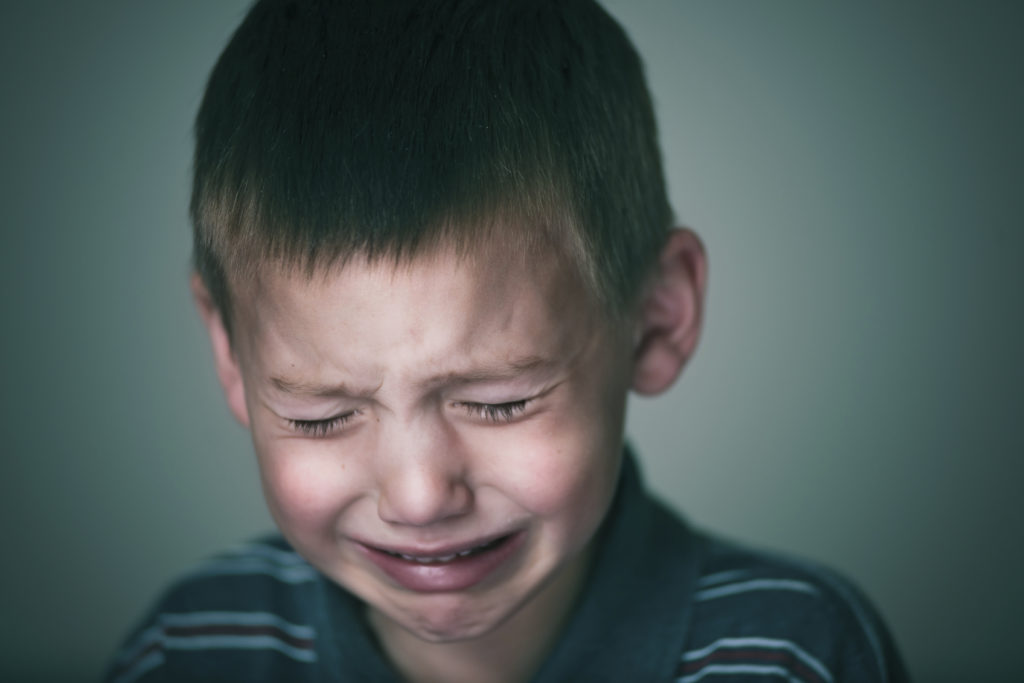Throughout the United States, many children experience trauma on a daily basis. The more than 400,000 kids in foster care who have been abused or neglected all have stories of pain. They have endured trauma that, if not addressed, will have an effect on them for the rest of their lives. Foster and Adoptive Family Services (FAFS) offers a trauma course for resource parents in NJ that equips them to help foster children after traumatic experiences.
According to the Mental Health Connection of Tarrant County in Texas, 26% of children in America experience or witness a traumatic event before the age of four.
Trauma is defined as a deeply disturbing experience – physically or emotionally – and can occur in a number of ways. It can come from events like witnessing a fire, being involved in a car accident or losing a loved one through death or separation. While trauma can manifest itself in different forms, there is one common denominator: the life of whomever experiences it will forever be altered.
Abuse and neglect are just some of the things foster kids face. In addition to suffering mistreatment and abandonment, foster kids are removed from everything they know. For some, it means being separated from siblings, school and other family members and friends. Being removed itself is traumatic.
It is understood that abuse and neglect have already altered the lives of foster kids all over the country. Additionally, society is increasingly acknowledging the need for effective training for resource parents to help kids in care overcome their traumatic experiences.
Trauma Course for Resource Parents: A Shift in Focus
FAFS’ course, Understanding Trauma and Resilience Parts 1 and 2, defines trauma, explains what happens during trauma and provides ways you can help in traumatic situations. For example, it is recommended that if your child in care is expressing an adverse reaction due to trauma (e.g. crying and shaking), you allow him space to do so. Comforting him without trying to stop him will validate his feelings. These physical reactions are normal responses to trauma. Having a conversation about how the child feels in this moment would not be effective.
Fran Gervasi, Director of Training and Education at FAFS, says the focal point of training in the area of trauma has shifted over the years.
“What has changed is there is more focus on what happened prior to taking the child out of the home as opposed to focusing on current behaviors. It’s more about the root that explains the child’s behavior. It’s also important to look at each child individually, because children may respond differently to the same situation.”
For foster children, the experience of being removed from home alone is enough to trigger trauma, according to Gervasi.
While being removed from home can be extremely traumatizing, the events that led up to the removal can be just as, if not more, damaging.
Trauma Course for Resource Parents: The Need for Relevant Training
According to the National Child Traumatic Stress Network, “When a child grows up afraid or under constant or extreme stress, the immune system and body’s stress response systems may not develop normally. Later on, when the child or adult is exposed to even ordinary levels of stress, these systems may automatically respond as if the individual is under extreme stress.”
The need for relevant and effective training is as important as ever.
So what makes FAFS’ trauma course for resource parents relevant? The course is a “complete overview,” according to Gervasi. It provides techniques so foster parents can determine the best course of action to take with their foster kids. It points out the importance of creating strong connections with others (in home and school) and cultivating healthy environments where foster children feel secure and thrive.
FAFS’ home correspondence courses give relevant information that helps licensed resource parents in NJ address their foster children’s needs.
To learn more about trauma, visit the National Child Traumatic Stress Network’s website.

